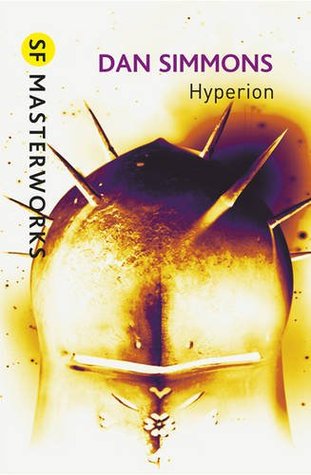More on this book
Community
Kindle Notes & Highlights
In the beginning was the Word. Then came the fucking word processor. Then came the thought processor. Then came the death of literature. And so it goes.
‘There arises from a bad and unapt formation of words a wonderful obstruction to the mind.’
Belief in one’s identity as a poet or writer prior to the acid test of publication is as naive and harmless as the youthful belief in one’s immortality . . . and the inevitable disillusionment is just as painful.
Besides, history viewed from the inside is always a dark, digestive mess, far different from the easily recognizable cow viewed from afar by historians.
Words bend our thinking to infinite paths of self-delusion, and the fact that we spend most of our mental lives in brain mansions built of words means that we lack the objectivity necessary to see the terrible distortion of reality which language brings.
‘Language serves not only to express thought but to make possible thoughts which could not exist without it.’
(Yes, our DNA is unique but so is a salamander’s. Yes, we construct artifacts but so have species ranging from beavers to the architect ants whose crenellated towers are visible right now off the port bow. Yes, we weave real-fabric things from the dreamstuff of mathematics, but the universe is hardwired with arithmetic. Scratch a circle and π peeps out. Enter a new solar system and Tycho Brahe’s formulae lie waiting under the black velvet cloak of space/time. But where has the universe hidden a word under its outer layer of biology, geometry, or insensate rock?) Even the traces of other
...more
‘In twentieth-century Old Earth, a fast food chain took dead cow meat, fried it in grease, added carcinogens, wrapped it in petroleum-based foam, and sold nine hundred billion units. Human beings. Go figure.’
Most of us, I hope, have had some child or spouse or friend like Beatrice, someone who by his very nature, his seemingly innate goodness and intelligence, makes us uncomfortably conscious of our lies when we lie.
She had always felt that the essence of human experience lay not primarily in the peak experiences, the wedding days and triumphs which stood out in the memory like dates circled in red on old calendars, but, rather, in the unselfconscious flow of little things – the weekend afternoon with each member of the family engaged in his or her own pursuit, their crossings and connections casual, dialogues imminently forgettable, but the sum of such hours creating a synergy which was important and eternal.
the concept of a personal God, lying awake at night worrying about human beings, intervening in the lives of individuals, always had been totally absurd to Sol,
allegiance to a deity or concept or universal principle which put obedience above decent behavior toward an innocent human being was evil.
Barbarians, we call them, while all the while we timidly cling to our Web like Visigoths crouching in the ruins of Rome’s faded glory and proclaim ourselves civilized.


